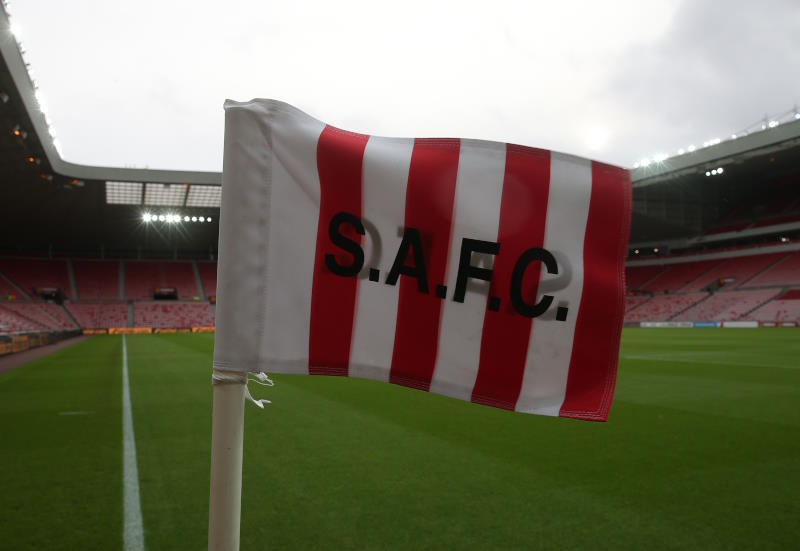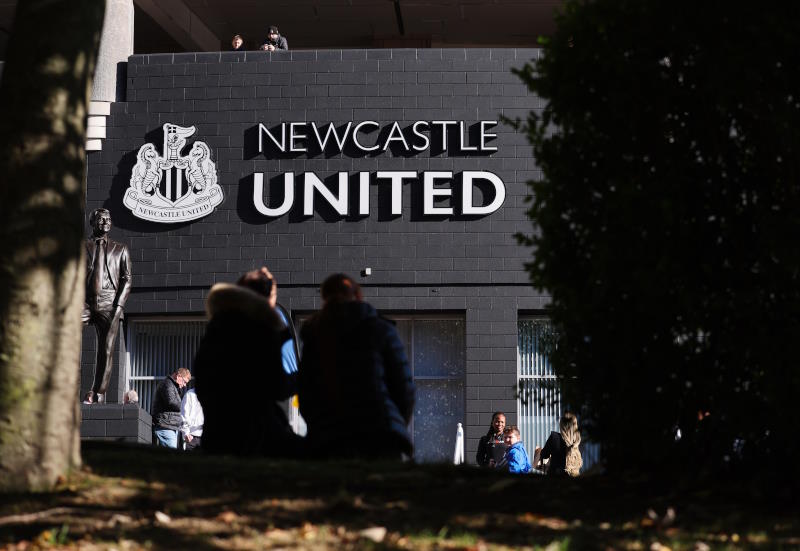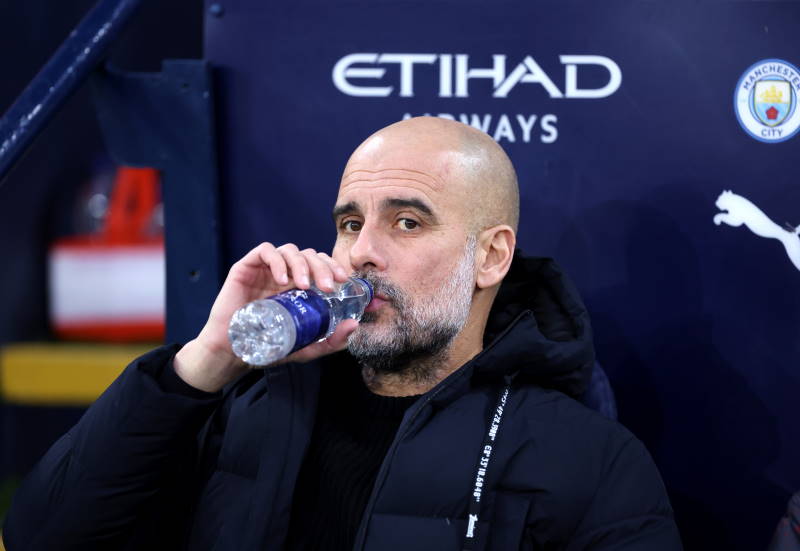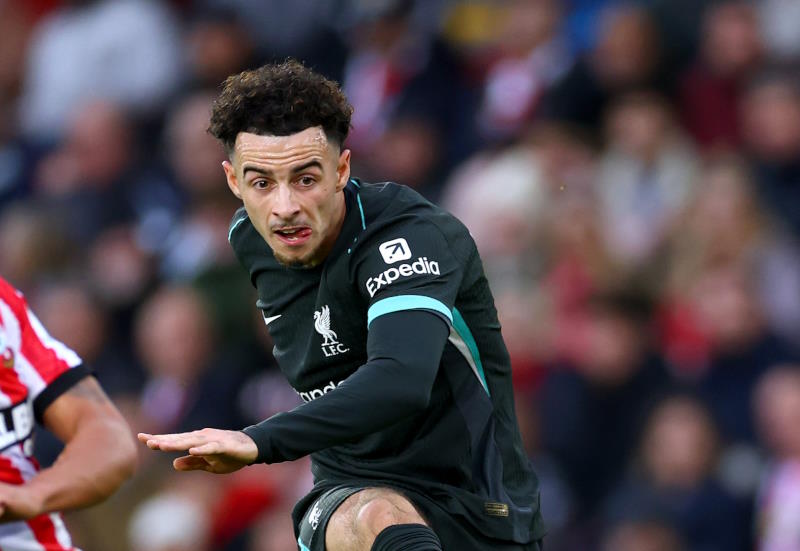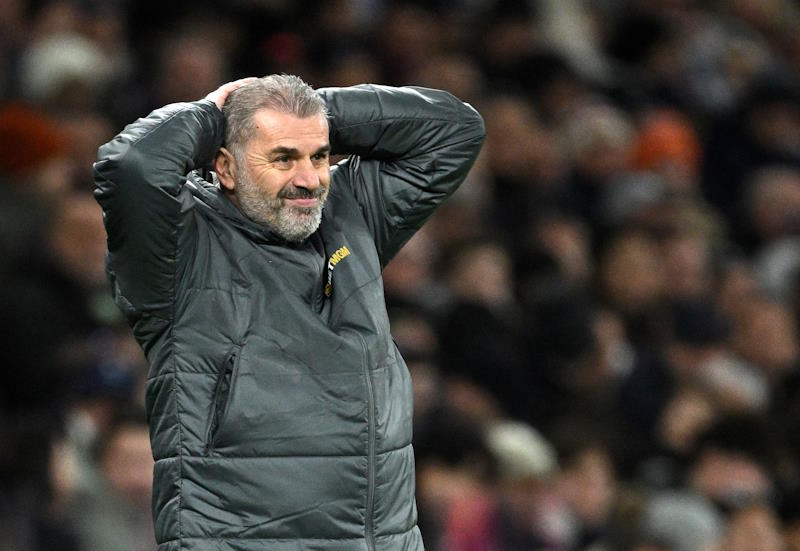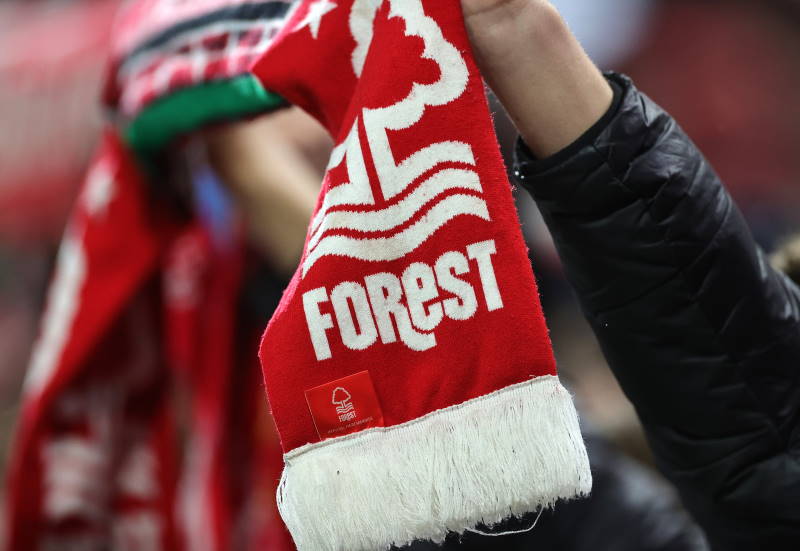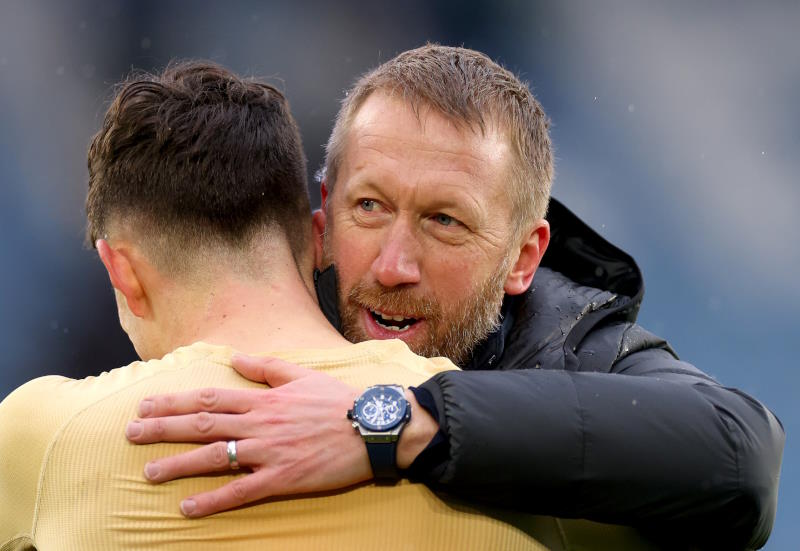
To say Luis Suarez divides opinion would be an understatement. It would also be slightly inaccurate, given that rather than dividing opinion he often unites it in condemnation against him. His latest controversy, where he bit the arm of Chelsea’s Branislav Ivanovic, was arguably more senseless than it was violent, and earned him a ten-match ban from England’s football authorities.
Suarez has decided not to appeal the ban, despite having clearly stated before it was handed to him that he felt three matches would suffice, and both club and player protesting the severity of the punishment afterwards. The decision was to do with repentance. Suarez did not want to be seen not to understand the severity of the offence he had committed. It was a clear sign that he is looking to rehabilitate his almost fatally wounded reputation.
The tale of English football and Suarez since he signed from Ajax in 2011 is a fascinating one, as so much of the mutual disdain is created by a fundamental clash of cultures.
Suarez’s antics are a result of his fiercely determined character and personality. This is someone who has come from poverty back home in Uruguay, where he once had to reject the opportunity to attend a national team trial because he could not afford to buy a pair of football boots. Suarez has not got where he is on talent alone – he has had to fight his way to the top, almost literally. And he grew up in an environment and culture miles apart from the one he has discovered in Europe.
In the fiercely competitive football landscape in Uruguay, diving to win a penalty is acceptable on the pitch, so is gesticulating to the referee to get an opposing player booked or sent off. When Gus Poyet was preparing to move to Chelsea, he was warned about English football. He was told that everything he had been used to during his career, diving, trying to get opposing players booked, would have to be cut out of his game.
By contrast, English football, with its hyperactive moralism, frowns upon such behaviour. Yet the Premier League and the English game in general have long tolerated the kind of leg breaking tackles and the idea of ‘making him know you’re there’ challenges that many other countries and cultures are bemused by. Is one worse than the other? Possibly – diving has never forced a player to retire through injury for one thing.
Of course Suarez’s ‘win at all costs’ mentality can go too far. Biting someone is unacceptable, yet he has done it twice now. Kicking, pulling, scrapping with opponents, Suarez doesn’t seem bothered about winning friends on the pitch. Arsenal’s Laurent Koscielny summed up the anti-Suarez case best earlier this season when he complained that the Uruguayan is his least favourite opponent. "He is tiresome to defend against. He cheats. He pulls your shirt, giving small blows. You always want to give him a kick but you have to be careful not to be red carded.”
Koscielny’s attitude probably explains why Suarez not only missed out on the PFA Player of the Year Award, but was actually booed by his fellow professionals. Arguably he was better than the winner, Gareth Bale. Whilst the Welshman is an incredible talent himself, he offers a more predictable threat than Suarez. If a defender can stop Bale from getting his left foot comfortably wrapped around the ball, he has solved half the problem. The Spurs man also relies heavily on sheer speed; Suarez is arguably harder to defend against. Equally capable with right or left foot, he is more elusive in tight spaces and is the only player in the league who can do something majestic just as a defender thinks they have him under control. But the finely balanced debate between who is the better of the two is probably, and understandably for a Premier League footballer who plays against both, swung in Bale’s favour by the fact that he comes across as a nicer person on the pitch.
It is Suarez’s lack of self-control which betrays his sheer will to win and that is of course what makes him the player he is. Once, the English press hailed Roy Keane’s fighting spirit, saying it should not be taken out of him, as it would fundamentally change who he was. And Keane did far worse than Suarez when he played the game – who can forget the horror tackle in which he intentionally broke the leg of Alf Inge-Haaland?
Therein lies a genuine grievance that Suarez can legitimately hold against the English footballing establishment. Yes, he has done wrong, but there is a valid case to say he is held to a different standard.
Consider Liverpool’s own history first. Graeme Souness punched and broke the jaw of Dinamo Bucharest’s Lica Movila in a European Cup tie back in 1984. His team-mates, Alan Hansen and Mark Lawrenson, did not castigate Souness as they have Suarez. Steven Gerrard was in court charged and subsequently cleared of affray in a nightclub, although he admitted being involved in the relevant brawl. Robbie Fowler was guilty of homophobic abuse towards Graeme Le Saux in his playing career: All objectively speaking, worse crimes than biting. Did the press ever suggest the Anfield outfit should disown or sell any of those players? Of course not – they’re all British.
Suarez also suffers from the fact that he appears disinterested in courting the press. He does not have a constituency of support in the English media who will defend him no matter what, as those like Harry Redknapp do. And it is ignored that unlike so many fellow professionals, all of his misdemeanours are on the pitch. Suarez rarely, if ever, has been in trouble off the pitch, which is surely a fairer way to judge an individual’s character.
The racism case with Manchester United’s Patrice Evra is worth revisiting. Suarez was rightly punished, but had good cause to feel aggrieved regardless. Uruguayans are the last people on earth that need lecturing about racism. Uruguay were fielding black players decades before the English were racially abusing their own black stars – that was the main reason they won two World Cups while the rest of world played catch up. Uruguay simply does not have any comparable history of racist abuse towards black people. It is in this context that Suarez’s case should have been considered, yet it was not, as the English rushed to castigate him.
Of course the punishment was justified back then, as it was racist abuse, intentional or otherwise, but Suarez never was and is not in the least bit racist. And unlike John Terry, he never actually denied using the words he was alleged to have aimed in Evra’s direction. Yet Suarez received twice as long a ban as the Chelsea man. Where was the justice in that? If anything it should have been the other way around. Particularly as Terry, a born and bred Englishman, unlike Suarez, knew full well the history of racist abuse that has dogged the country’s game.
Now that the FA have given Suarez a ten-match ban for biting they have created another problem for themselves. How can they justify a longer ban for biting than for racism, for one thing? Racism aside, why aren’t dangerous tackles treated with the same severity as biting? How did Wigan winger Callum McManaman manage to get away with his horror tackle on Newcastle’s Massaido Haidara earlier this season on the basis that a linesman witnessed the incident and saw no reason to flag it up for the referee’s attention? Suarez will justifiably look at those cases and complain privately.
If the Suarez case achieves anything, it should be a more balanced and consistent application of the rules and punishments to players. Suarez now faces a huge battle to rehabilitate his reputation, but will he choose instead to move abroad in search of a fresh start in a less hostile environment?
Like to bet on football? Pay Inside Bet a visit!


